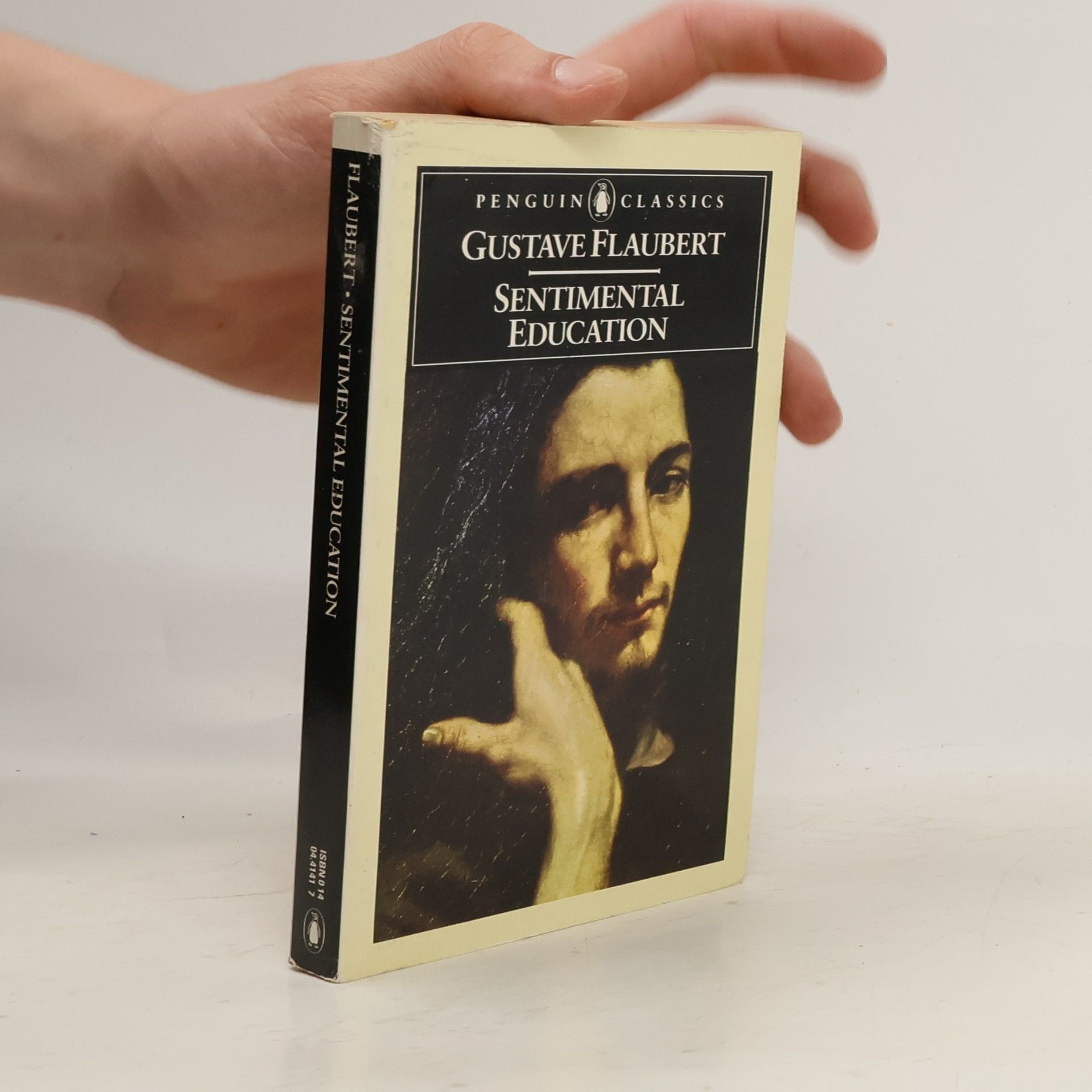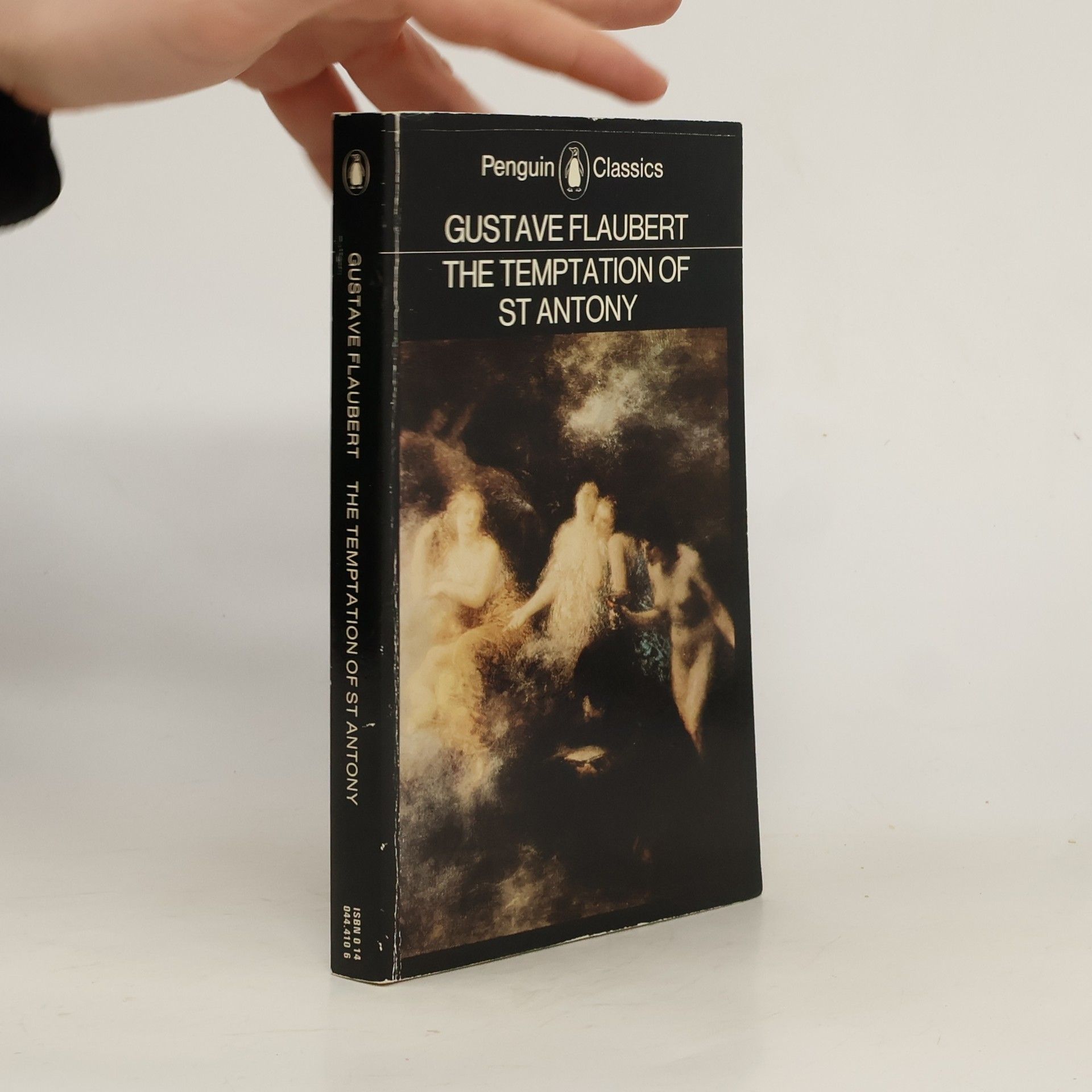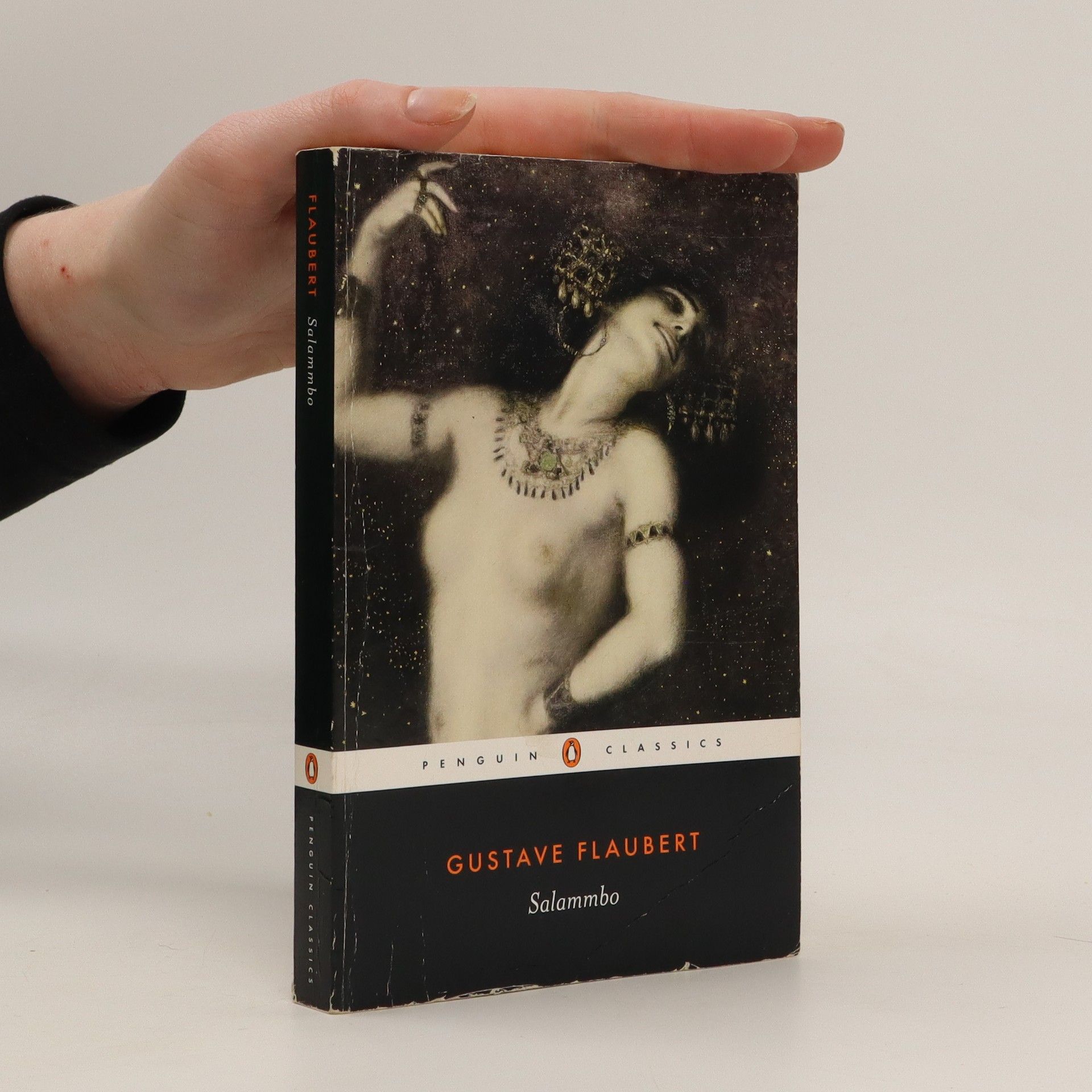Appearing in a single volume for the very first time, an illuminating and enrichingly annotated selection of correspondence from one of Western literature’s most revered writers. “If there is one article of faith that dominates the Credo of Gustave Flaubert’s correspondence,” Francis Steegmuller writes in the introduction to this selection of Flaubert’s letters, “it is that the function of great art is not to provide ‘answers.’” The Letters of Gustave Flaubert is above all a record of the intransigent questions—personal, political, artistic—with which Flaubert struggled throughout his life. Here we have Flaubert’s youthful, sensual outpourings to his mistress, the poet Louise Colet, and, as he advances, still unknown, into his thirties, the wrestle to write Madame Bovary. We hear, too, of his life-changing trip to Egypt, as described to family and friends, and then there are lively exchanges with Baudelaire, with the influential critic Sainte-Beuve, and with Guy de Maupassant, his young protégé. Flaubert’s letters to George Sand reveal her as the great confidante of his later years. Steegmuller’s book, a classic in its own right, is both a splendid life of Flaubert in his own words and the ars poetica of the master who laid the foundations for modern writers from James Joyce to Lydia Davis. Originally issued in two volumes, the book appears here for the first time under a single cover.
Gustave Flaubert Books
Gustave Flaubert stands as one of the greatest novelists in Western literature. His peculiar methods of composition, which involved intense solitude and a relentless pursuit of the perfect phrase and adjective, set him apart. Flaubert's style, celebrated for its extraordinary vigor and exactitude, became a benchmark for subsequent writers across various schools. Initially met with scandal, his work gradually gained recognition for its scrupulously truthful portrayal of life and masterful command of language, profoundly influencing realism and beyond.







The George Sand-Gustave Flaubert Letters
- 484 pages
- 17 hours of reading
The correspondence between George Sand and Gustave Flaubert spans 13 years, offering an intimate glimpse into the lives and thoughts of these iconic 19th-century French authors. Their letters delve into various topics, including politics, art, and personal matters, showcasing a deep mutual respect and support for each other's literary endeavors. The candid discussions about their writing challenges and creative processes provide valuable insights, making this collection a captivating resource for readers and scholars interested in the dynamics of literary collaboration and the personal lives of these influential figures.
The Snuggly Satanicon
- 234 pages
- 9 hours of reading
Exploring the tradition of "literary Satanism," this collection features fourteen stories that critically examine the figure of Satan through a modern lens. Edited and translated by Brian Stableford, the works delve into themes of skepticism and clinical analysis, moving beyond traditional theological interpretations. This volume highlights the evolution of thought surrounding Satan from the 1820s through the twentieth century, showcasing a unique literary perspective on a complex character.
Featuring the works of a prominent French novelist, this collection includes Gustave Flaubert's five most significant novels, showcasing his mastery of narrative and character development. Flaubert's writing is celebrated for its precision and depth, exploring themes of love, society, and the human condition. This compilation offers readers a comprehensive glimpse into his literary genius, making it an essential addition for fans of classic literature and those interested in the evolution of the novel.
Bouvard and Pécuchet
- 168 pages
- 6 hours of reading
"Bouvard and Pécuchet" by Gustave Flaubert is a satirical novel about two clerks exploring various hobbies and professions in search of fulfillment. Through sharp wit and keen social commentary, Flaubert critiques societal pretensions and the absurdity of human endeavors, making it a timeless exploration of the quest for meaning in life.
Sentimental Education (Penguin Classics)
- 432 pages
- 16 hours of reading
Set in Paris in the 1840s, Flaubert's classic novel follows the fortunes of Frederic Moreau - his love for an older woman, and his gradual disillusionment.
A book that deeply influenced the young Freud & was the inspiration for many artists, The Temptation of Saint Anthony was Flaubert's lifelong work, 30 years in the making. Based on the story of the 3rd-century saint who lived on an isolated mountaintop in the Egyptian desert, it's a fantastical rendering of one night during which Anthony is besieged by carnal temptations & philosophical doubt. This edition features the distinguished Lafcadio Hearn translation, which translator Richard Sieburth calls a splendid period piece from one of America's premier translators of 19th-century French prose. In Lafcadio Hearn's Latinate rendering, Flaubert's experimental drama of the modern consciousness reads as weirdly as its oneiric original.
In this story, of a young man's romantic attachment to an older woman, the modern English reader can appreciate the accuracy, the artistry and the insight which Flaubert reconstructed in one masterpiece.
"A Simple Heart moved me to tears."--Russell Baker
Translated by Hugh Tredennick and Harold Tarrant. Introduction and Notes by Harold Tarrant.



